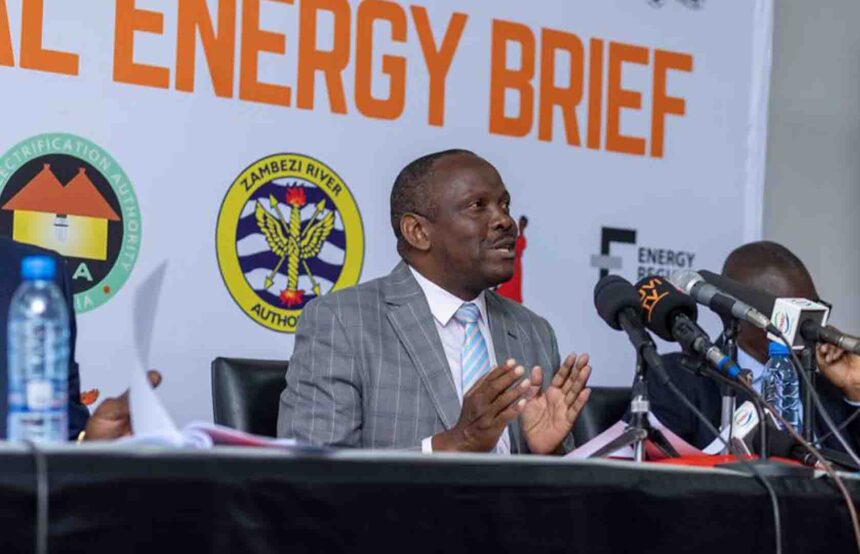Minister of Energy Makozo Chikote has expressed optimism regarding Zambia’s power supply situation, revealing that the government expects power availability to increase from the current seven hours to at least 12 hours daily over the course of this year. This forecast comes on the back of substantial rainfall across the country and ongoing investments in alternative energy sources.
During a recent appearance on Diamond Live, a program aired on Diamond TV, Mr. Chikote shared that the good rainfall patterns experienced in many parts of Zambia have significantly improved the prospects for hydro-power generation. He emphasized that if the rains continue in the same vein, the country could see its power supply improve, with an eventual target of reaching 12 hours of daily electricity availability.
“We are optimistic that the current rainfall pattern will positively impact our hydro-power generation, allowing us to move to 12 hours of power supply,” Mr. Chikote said. However, he stressed that the progress is not solely reliant on hydroelectric power. The government is also focusing on increasing its investment in renewable energy sources, which will play a key role in diversifying Zambia’s power mix and improving overall electricity reliability.
The energy minister further explained that the target is to gradually increase power supply hours from the current three to seven hours, with a long-term aim of achieving 12 hours of power daily. The improvements are expected to enhance the quality of life for many Zambians, as reliable power is crucial for both residential and commercial activities.
These efforts come at a time when Zambia, like many other nations, has faced challenges with power outages and energy shortages in the past. The government’s focus on renewable energy sources and the positive impact of rainfall on hydro-power are seen as critical components in ensuring a more stable and sustainable energy future for the country.
With continued investment in energy infrastructure and alternative energy, Zambia is positioning itself to reduce reliance on inconsistent power supply, improving both domestic and industrial electricity consumption.






